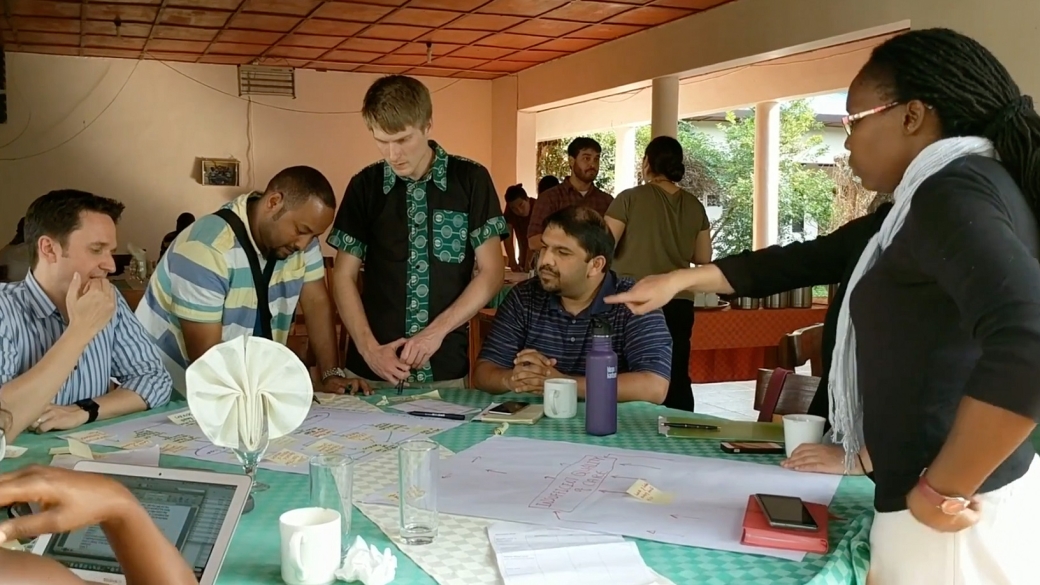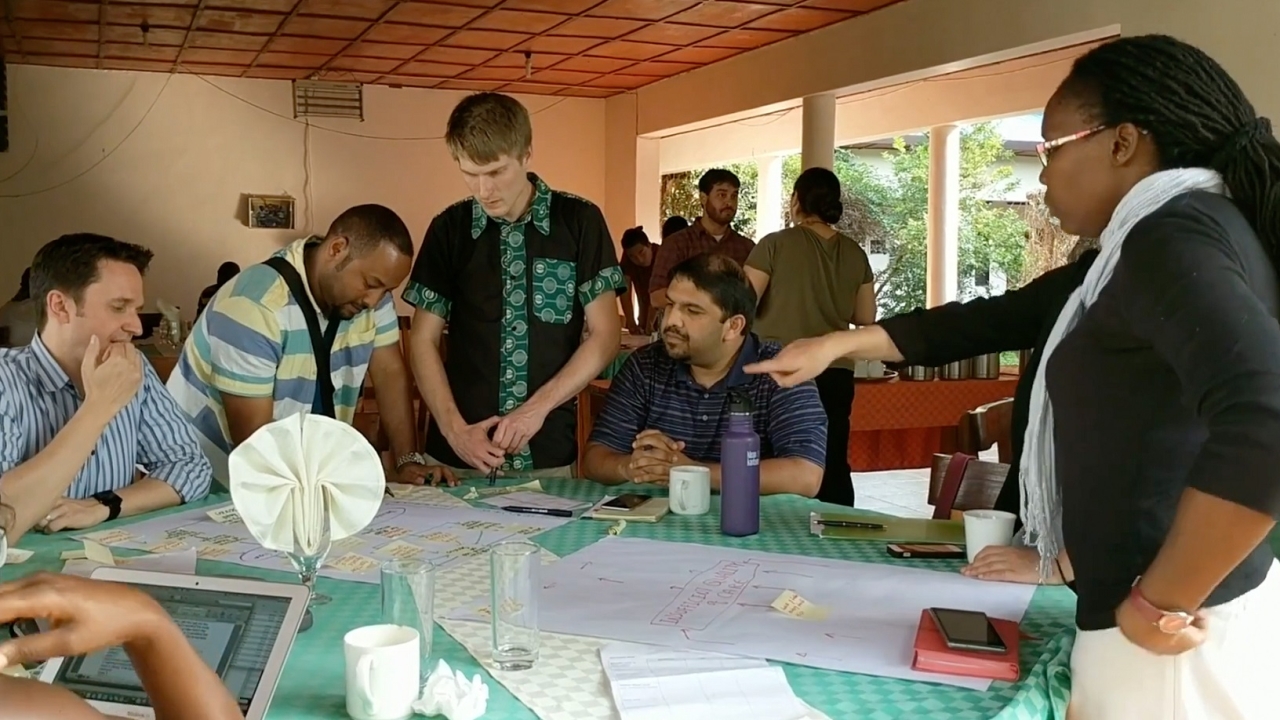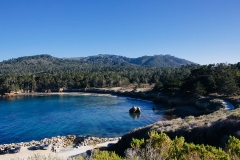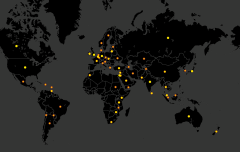Six Ways to Make the Most of a Virtual Career Fair
| by Bryce Craft
While there’s nothing like making a first impression in person, with the right preparation you can turn a virtual career fair into real-life job opportunities. Here are six ways to maximize the increasingly popular virtual career fairs.





